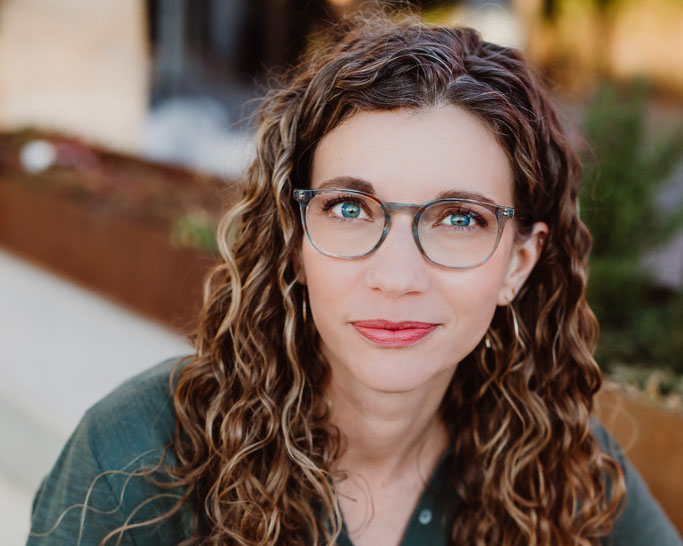
While Eckerd’s assigned summer reading book unites first-year students and seniors each year, a recent virtual option makes the tradition accessible to the entire Eckerd community, off campus as well as on.
The Eckerd College Virtual Book Club, now in its third year, invites faculty, staff, alumni and members of the Academy of Senior Professionals at Eckerd College to join students in the experience of expanding their worldview through the College’s summer reading selection. This year, the selected book is After the Last Border: Two Families and the Story of Refuge in America by Jessica Goudeau, a nonfiction book that follows two women—Mu Naw, a Christian from Myanmar, and Hasna al-Salam, a Muslim from Syria—and their families as they seek to resettle in the U.S. Eckerd College Professor of Political Science Mary K. Meyer McAleese, Ph.D., who will teach Refugee and Migration Politics this fall, will moderate the book club discussion via Zoom on Friday, August 26, at 1 p.m. EDT.
“Eckerd has always been a place where we push the boundaries and we challenge ourselves to think differently than others about the world in which we live,” says Heather Vincent—associate dean for general education, associate professor of classics and head of the General Education Committee, the position whose holder chooses each summer’s book. “This book invites us to think about some of the most challenging issues of our time much more broadly with a deeper historical context than we might otherwise.”
Eckerd’s reading of After the Last Border is supported by the Class of 1968 Distinguished Visiting Scholar Endowment, which funds a program that brings a renowned expert to Eckerd’s campus to lecture, discuss pedagogy, and meet informally with faculty and students. The individual’s work is assigned as reading to first-year students in the Human Experience course, and the author gives a public address as well as class lectures. Scholars are chosen based on their ability to enrich the General Education program and reflect the College’s global, environmental and service values.
“We’re keen to find books that engage what Martha Nusbaum called ‘the narrative imagination’—that is the capacity to live inside the story of someone else who might be very different from us,” Vincent says. “That is a priority for us: to challenge some previously held view we had about the world and who we are in it.”
Alongside selecting the summer reading book, the General Education Committee chooses a theme for each year’s College Program Series. This year’s theme is “Courage and Belonging.”
Courage, Vincent says, speaks to the individual—a virtue for all to cultivate—while belonging points to the place of the individual within the community. The same foil is reflected within the book with shifts between individual story and larger history.
Kyla Smith ’19, director of alumni engagement, says when pandemic precautions took the book club online in 2020, the silver lining was the opportunity it offered for alumni to recapture the Eckerd experience of lively academic discussion based on a shared text. It was especially fitting given that members of the Class of 1968 made the summer reading and distinguished visiting scholar experience possible through their generosity.
“Alumni are often seeking ways to connect back to Eckerd, especially to the parts of their education that were most meaningful to them,” Smith says. “The summer reading discussion recreates an experience we know is a hallmark for so many alumni across all fields of study and class years—being challenged and engaged by a book but also by the diverse perspectives that others bring to the table.”
Nancy Schuler, assistant professor and e-resources and collection development librarian, says the library decided to start offering the summer reading group in 2017 to encourage nonstudent members of the campus community to read along with students and ASPEC members over the summer. Taking the book club online a few years later allowed its reach—and impact—to expand.
Schuler, who is a first-generation Chinese-American, says this year’s book especially resonated with her as a member of an immigrant family. She says it inspired her to think about how we can collectively expand our empathy as a society and to consider what it really means to be an American.
“Sharing real-world issues through the art of storytelling helps us to be more compassionate to the lived experiences of others,” Schuler says.












